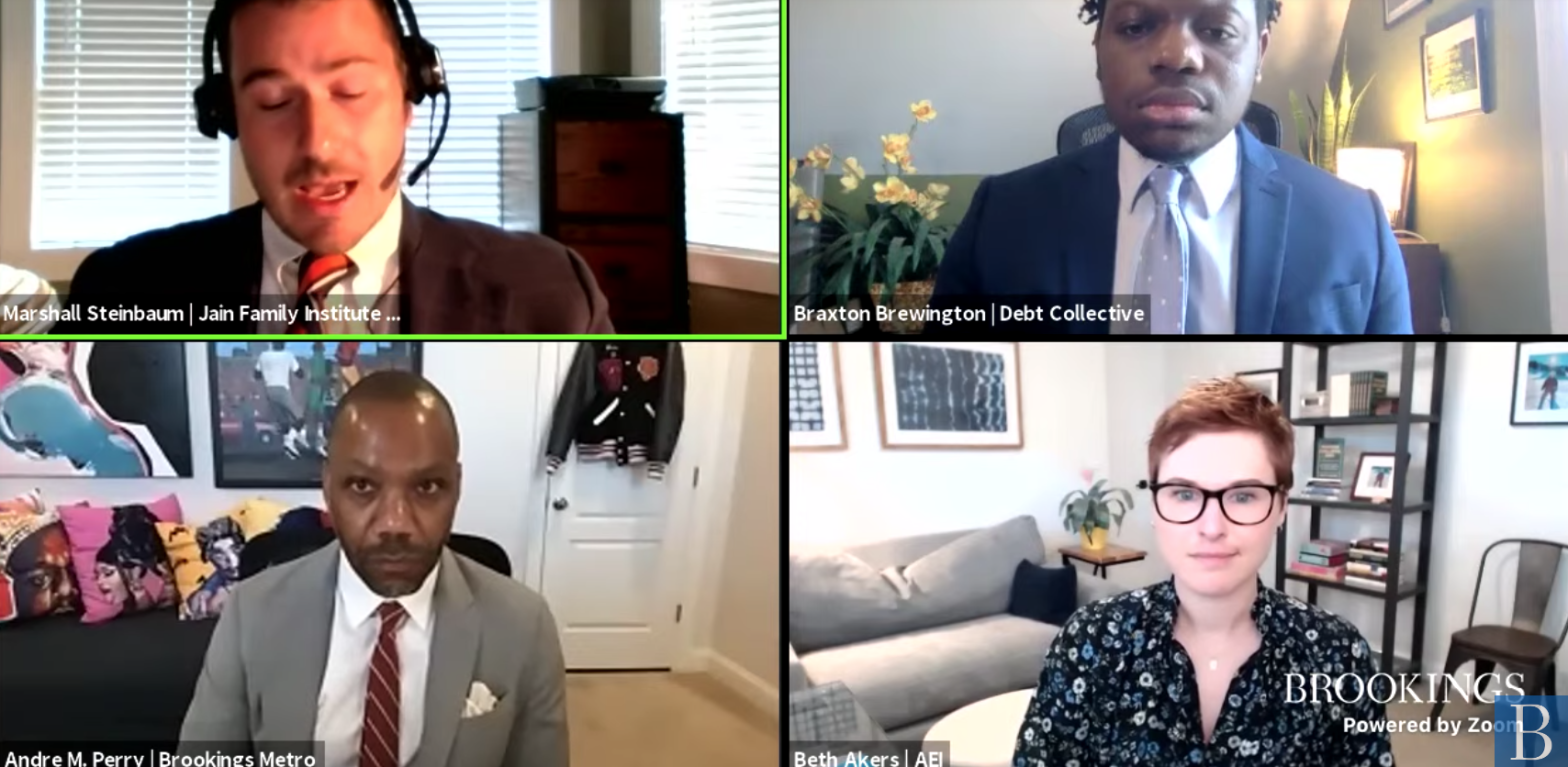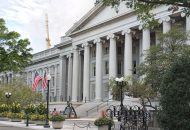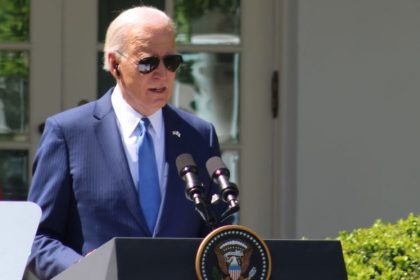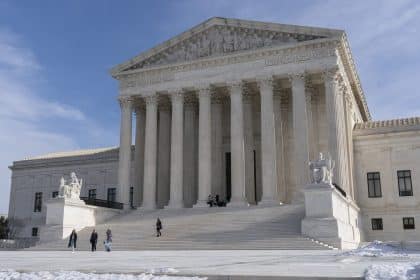‘Economic Disobedience’ Predicted if Student Loan Forgiveness Not Offered

WASHINGTON — “With the flick of a pen, Biden could get it done,” said Senate Majority Leader Chuck Schumer, D-N.Y., about student loan forgiveness.
From a campaign promise to a potential policy, student loan forgiveness is being touted not only as financial assistance, but also as a possible correction against income inequality. And some are saying that if the government can’t get it done, they are going to take matters into their own hands.
Higher education has traditionally been considered what Schumer called a “ladder up into the middle class,” but student debt may be crippling the chances of many to make it there. An upsurge in tuition, along with inflation, has outpaced the increase in wages students can expect to earn after graduation, and the outcomes may be even worse for Black borrowers who take out higher amounts of student loans than any other group.
“[Student loan forgiveness] means a new life for millions upon millions of people,” Schumer said, and would make an “enormous difference in the fight against income inequality” because while a college degree has not been shown to eliminate the income gap between White and Black workers, the disproportionate debt Black students are taking on to finance their education may be further reinforcing the racial wealth gap.
Student loan forgiveness capped at $10,000 for borrowers with federal student loans was proposed by President Biden in his Emergency Action Plan to Save the Economy, but policymakers like Schumer and Sen. Elizabeth Warren. D-Mass., are pressing for more — up to $50,000 in student debt cancellation.
New research from Brookings, which contradicts an earlier report from the Wharton Business School and University of Chicago, claims that student debt cancellation is not regressive and could actually yield the highest reductions in debt-to-income ratio for student loan borrowers with the lowest incomes. It also suggests that income-driven repayment, which does have the potential to offer debt forgiveness after 20 or 25 years, may not be the proper mechanism to address poor outcomes in student loan repayment.
The idea of loan forgiveness looks to be gaining traction, but the actual amount of cancellation appropriate remains in question. One panelist at Brookings’ recent discussion examining the effects of student debt cancellation on racial inequities warned that nothing short of total blanket cancellation would do, and in the absence of that, Braxton Brewington of The Debt Collective said “debtors will cancel student debt ourselves.”
“These numbers are arbitrary… and $10,000 is laughable,” Brewington said, predicting that if no student debt cancellation happens, the U.S. will see “mass people engaged in economic disobedience.”
When asked the specific amount of student debt cancellation he would suggest, he quipped, “every single penny is the exact amount because college should be free anyway.”
Pushing back on the idea that people should have to pay for education — even higher education — at all, Brewington called student debt a form of “social control… [that] erodes our freedom” and said, “we are all suffering, but we are not all suffering equally.”























